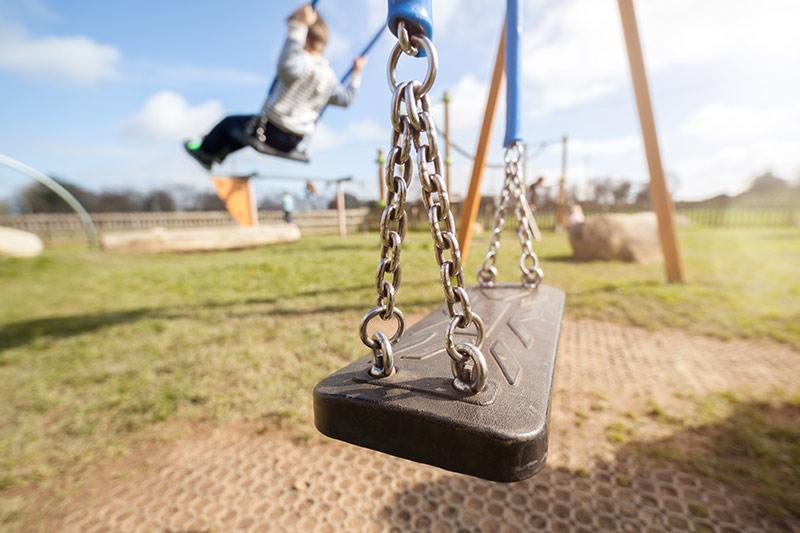Tulane course studies child abuse from different perspectives
A trip to the Orleans Parish Coroner’s Office, a visit to the New Orleans Children’s Advocacy Center (NOCAC), and a visit to the Behavioral Neurodevelopmental Genetics laboratory are signature parts of a new undergraduate course focused on understanding the roots and impacts of child abuse and neglect.
“Adverse Childhood Experiences: Intersections of Violence, Neuroscience, Law, and Public Health,” is taught by three Tulane University faculty with different areas of expertise: Stacy Drury, Catherine Taylor, and Katherine Theall. Drury specializes in child psychiatry, Taylor in public health and social work, Theall in social epidemiology. The course is also co-taught by Stacie LeBlanc, the director of the New Orleans Child Advocacy Center and an expert in law and children’s advocacy.
“The course was designed to be each of the things our core faculty members study and are experts in,” said Drury, “So we decided to put them all together, so it would be all of our favorite lectures in one course.”
Students are also introduced to the impacts of early childhood adversity outside of class. Students have a chance to complete a training session at the Audrey Hepburn Children at Risk Evaluation (CARE) Center, understand how forensic interviews are conducted at NOCAC, participate in community outreach events to increase awareness and understanding of how violence effects children and families, and view brains affected by trauma at the coroner’s office.
“The coroner's office sits at this interface between the public health, policy, and the science. When we talk about things like violence, it brings everything home when you see the final and avoidable consequence of violence,” said Drury. “It is these kind of hands on exposures across different fields that we believe will help students best understand both the consequences of not addressing the problem of violence and the multifaceted groups of individuals that need to join together to stop violence.”
The goal of the course is to understand child abuse from multiple angles, including public health, policy, and science, in order to work towards a comprehensive solution.
“That’s how we’re going to solve these public health problems,” said Drury. “You can’t do it within one discipline and that is why we believe it is critically important to train the next generation of leaders that will come from our student at Tulane in this type of multi-disciplinary setting.”

